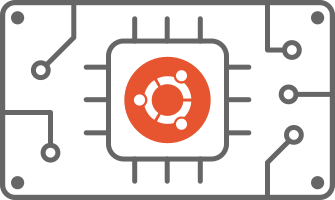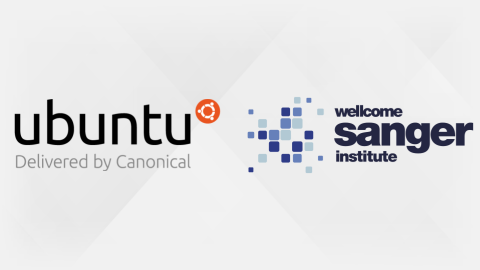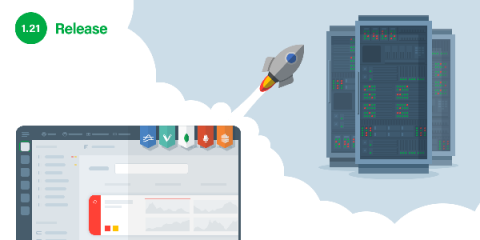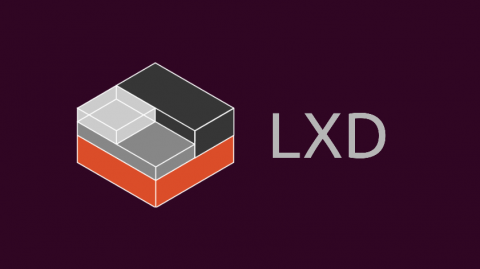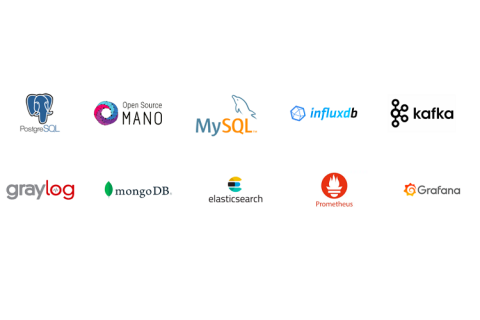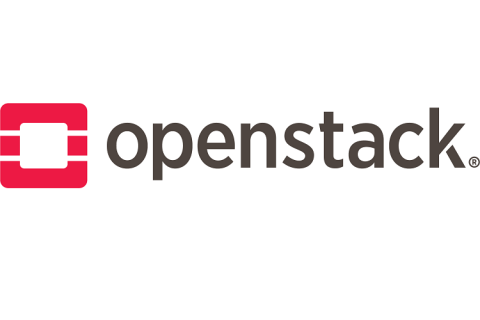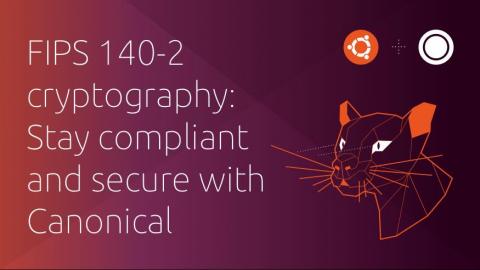Ubuntu Core: an independent security analysis
This is a guest blog by Trent R.Hein, Co-CEO of Rule 4. Once in a while an opportunity comes along that brings out our inner geek like no other, which is what happened when Canonical asked if we’d be willing to review the overall cybersecurity model of Ubuntu Core and its ecosystem.


